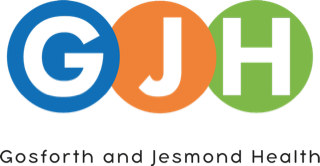Award-Winning Clinical Pharmacists: Reducing Your Risk of Heart Attack or Stroke
The NHS is a large organisation that handles a lot of healthcare. GP practices now have new staff to improve care.
This article explains how Clinical Pharmacists in GP practices help your health. They don’t just treat illnesses — they also help prevent them.
Understanding PCNs
Primary Care Networks (PCNs) started in 2019. They help GP practices work together and offer new services. We are part of North Gosforth PCN and work closely with practices in Jesmond Lower Gosforth.
Our PCN Team
Our team includes Clinical Pharmacists and Pharmacy Technicians. They are experts in using medicines to manage your health.
Meet Our Clinical Pharmacy Team in North Gosforth:
- Ashling Kinsella, Lead Clinical Pharmacist and Project Lead
- Laura Larrieu, Clinical Pharmacist
- Suzanne Lenham, Clinical Pharmacist
- Naimah Muktadir, Clinical Pharmacist
- Mark Stafford, Clinical Pharmacist
- Chris Preece, Pharmacy Technician






What is Clinical Pharmacy?
Pharmacists are known as “medication experts”. They can have varied roles in community pharmacy shops, hospitals and GP practices.
Their role in GP practices includes medication reviews. They ensure your medicines are safe, effective and used correctly.
This project makes the next step in preventative treatments, that focus on quality of life and keeping people well.
Specifically, it’s about taking action to lower people’s cholesterol levels and reduce their risk of heart attacks or strokes.
Cholesterol and Cardiovascular Disease
Cholesterol is a waxy, fat-like substance. You need the right amount of it in your body to be healthy.
Too much cholesterol – especially non-HDL or “bad” cholesterol – leads to build ups in arteries. This increases the risk of cardiovascular disease (CVD), like heart attacks or strokes.
CVD is a major cause of death and disability. It affects seven million in the UK and causes 1 in 4 premature deaths.
To try and reduce the risk, the NHS asks GP practices to make sure 70-95% of eligible patients take medication to lower their cholesterol.
It’s an important preventative step, because lowering cholesterol can reduce the risk of CVD by up to 40%.
Alongside lifestyle interventions, medicines called statins are one of the most effective ways to do this.
What Are Statins?
Statins are medicines that help lower non-HDL cholesterol. Patients simply take one tablet a day.
The dose depends on your cholesterol level and overall health. Some people may start on a low dose and increase it if needed.
Like all medicines, statins may have mild side effects or interact with other medicines, so patients need to know the benefits and risks.
The Project in North Gosforth
The Pharmacy team reviewed patient data for North Gosforth.
The NHS target is for 70-95% of eligible patients to be on lipid-lowering therapy.
All four GP practices were around the target, but the team knew more people could benefit.
But statins work behind the scenes — you don’t feel effects like with painkillers. So, the approach needed to be right.
The team needed to focus on prevention without alarming patients. It was crucial to help patients make informed decisions.
They sent patients an online ‘decision aid’ tool to weigh up the risks and benefits of treatment. This gave people time to think about their options. The team also wanted to discuss these options in detail if patients needed.

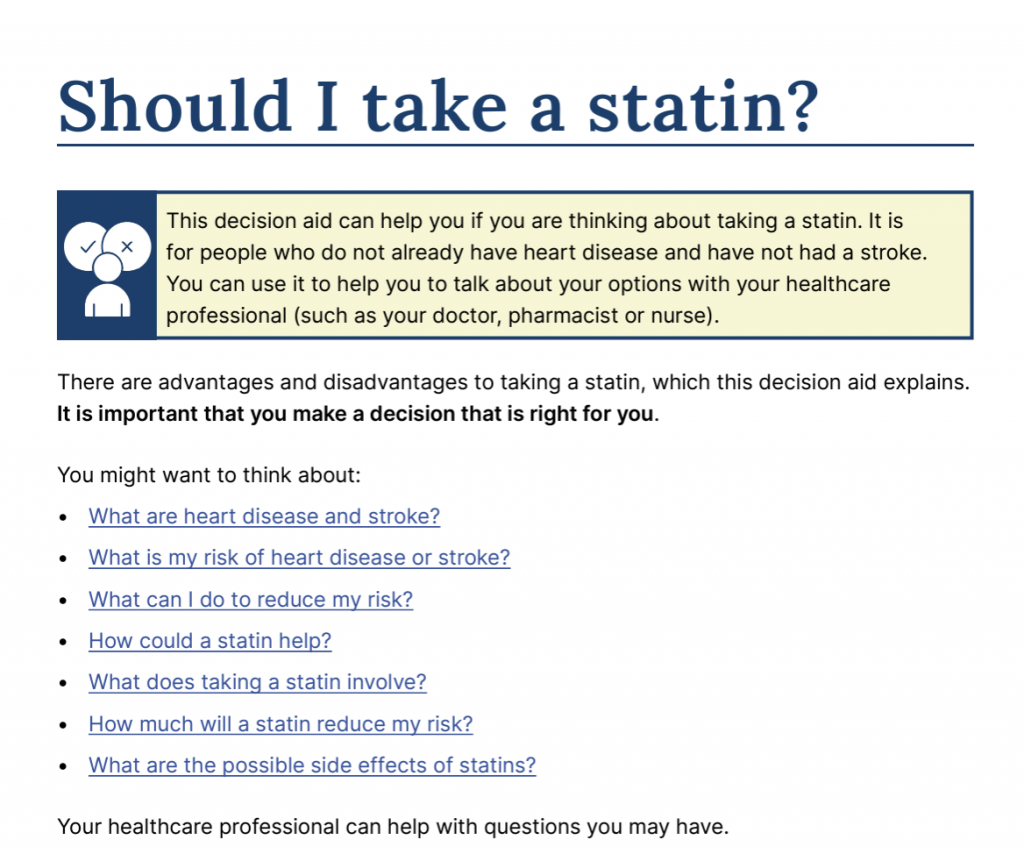
A mock-up of the messages patients received and an image of the Statins decision tool.
Here’s What They Did:
- The team found eligible patients (with the practice’s permission).
- Patients received a text with a link to the decision aid.
- The tool helped patients see how statins or similar therapies might help them.
- Patients could say no or ask to speak to the Clinical Pharmacy.
- Lifestyle and medication options could be discussed in an appointment.
- If patients didn’t respond, the team would follow up with a call a month later.
The team set aside special time slots to work on the project, track progress, and see the impact they were making.
The Results
Over nine months, 320 patients started taking statins or another lipid-lowering therapy. One person every day lowering their risk of heart disease.
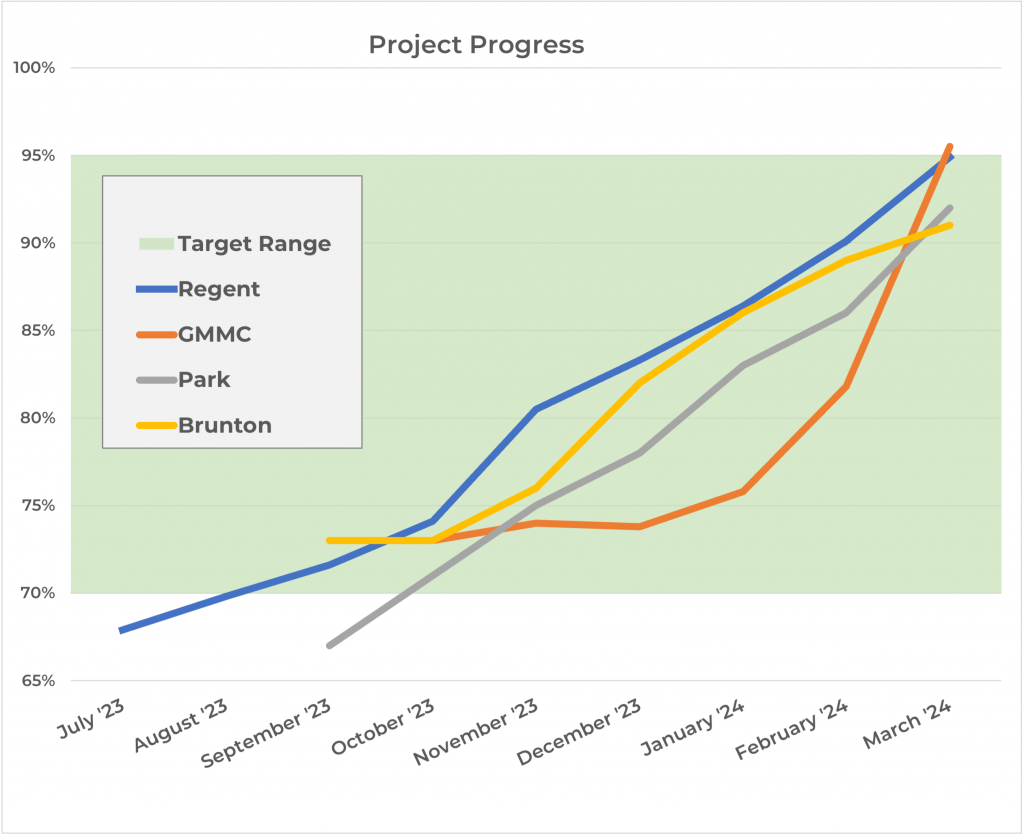
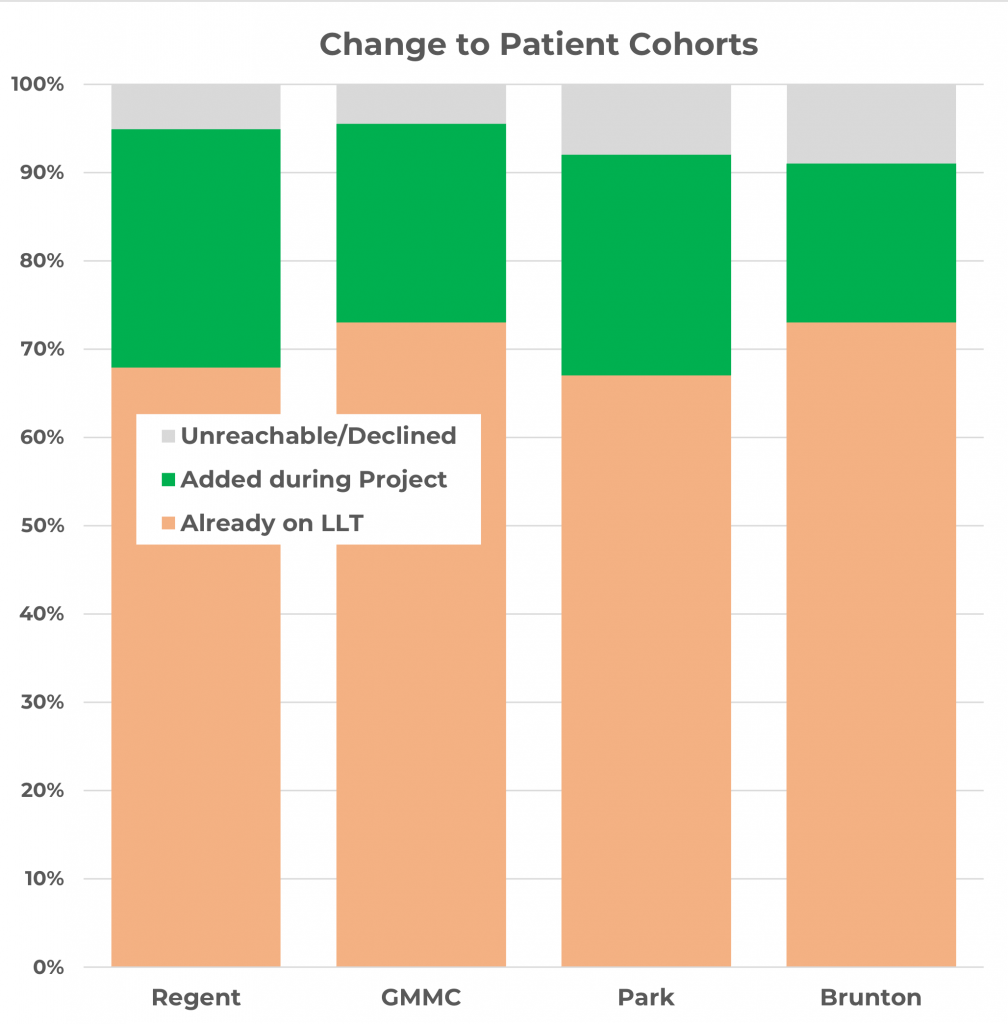
Now, all practices are at the top of the NHS target range. Only a few patients declined or have yet to respond.
The Benefits
The biggest benefit is the improved health of 320 patients. They are up to 40% less likely to have a heart attack, stroke, or develop vascular dementia.
The project also strengthened relationships between patients and the Clinical Pharmacy team. It introduced a new, proactive approach to healthcare.
Project lead Ashling Kinsella sums it up:
“This project introduced patients to the new NHS. Instead of just treating illness, they saw the value in preventing it—reducing their risk of cardiovascular disease.”
The team enjoyed the project. They liked watching long-term progress and knowing the work would benefit patients in the future.
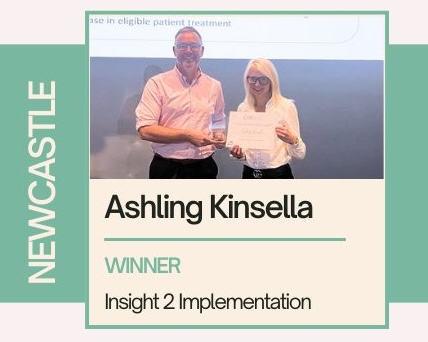
An Award-Winning Project
In late September, the team won recognition for their project.
Project Lead Ashling received the Insight 2 Implementation award at the i2iPharmacists Best Practice Awards.
Congratulations to our Clinical Pharmacists – Ashling, Laura, Suzanne, Naimah, and Mark – for their outstanding work and well-deserved recognition!
